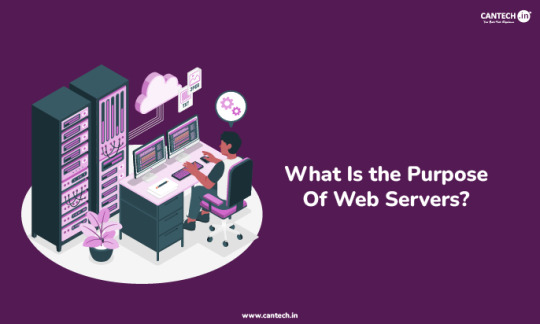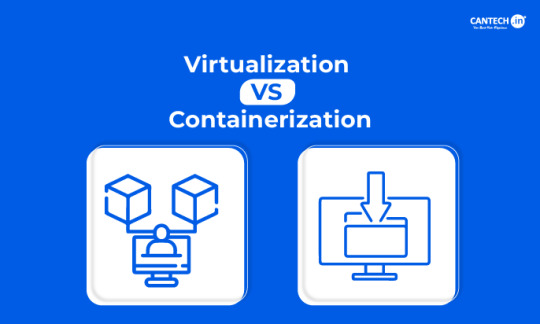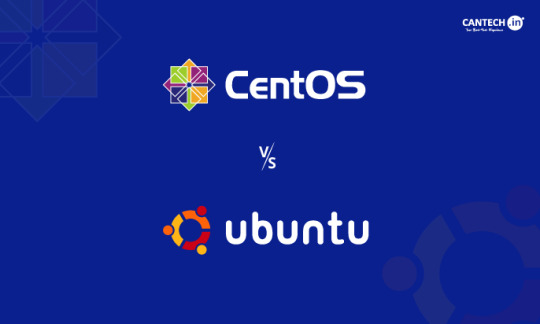Don't wanna be here? Send us removal request.
Text
Codeigniter vs. Laravel

Laravel is a feature-rich PHP framework built for complex, large-scale projects, while CodeIgniter offers a lightweight, fast solution ideal for simpler apps and beginners. Your choice depends on project size, development speed, and flexibility needs.
#Laravel#CodeIgniter#WebDevelopment#PHPFrameworks#BackendDevelopment#WebAppDevelopment#DevelopersLife#SoftwareDevelopment#OpenSourceDevelopment
0 notes
Text
What is Bandwidth in Web Hosting?

Website bandwidth is all about data capacity - how much info your site can handle, not just speed. Monitor it, optimize usage, and choose the right plan to keep your website running smoothly without surprises.
0 notes
Text
What is FaaS?

FaaS lets developers run small, event-driven functions without managing servers. It’s a core part of serverless computing, helping businesses build scalable apps with reduced costs and zero infrastructure headaches. Popular options include AWS Lambda and Google Cloud Functions.
0 notes
Text
Difference Between an HIDS and a Firewall

A HIDS (Host-based Intrusion Detection System) is like a security camera, monitoring internal activity for suspicious behaviour. A firewall works like a security gate, blocking unwanted traffic from entering your network.
Both are crucial - firewalls protect from external threats, while HIDS detects breaches inside your system.
0 notes
Text
Difference Between Elasticity and Scalability in Cloud Computing

Elasticity and scalability are two core concepts in cloud computing. While scalability focuses on handling long-term growth by adding more resources, elasticity is about instantly adjusting resources based on real-time demand. Understanding both is essential for efficient resource management and supporting business growth in dynamic digital environments.
0 notes
Text
What is Linux Web Server?

Linux web servers are known for their reliability, security, and flexibility - making them ideal for hosting websites and apps. They use open-source tools like Apache or Nginx and support powerful features like SSL, databases, and scripting languages.
0 notes
Text
Vultr Alternative

A reliable alternative to Vultr, these cloud servers provide consistent performance, high uptime, and cost-effective solutions suitable for various hosting requirements.
0 notes
Text
What is the Purpose of Web Servers?

Web servers are the foundation of the internet. They store website files, process user requests, and deliver content to your browser -making every online interaction possible.
0 notes
Text
Difference Between Physical Server And Virtual Server

Choosing the right server setup is crucial for your business. While physical servers offer raw power and control, virtual servers bring flexibility and cost-efficiency.
#PhysicalServer#VirtualServer#WebHosting#ServerSetup#ITInfrastructure#ServerTechnology#CloudComputing#WebServer
0 notes
Text
Difference Between Server and Database

Explore how servers and databases play separate yet essential roles in the tech world. Servers power applications and respond to user requests, ensuring smooth operation and connectivity. Databases, on the other hand, act as secure vaults where information is stored, organized, and accessed. Together, they form the backbone of efficient digital operations.
0 notes
Text
Kubernetes Vs Docker

Kubernetes vs Docker: Explore what Docker and Kubernetes (K8s) are, how they work, their advantages and limitations, and when to use each in practical, real-world scenarios.
0 notes
Text
What is Virtualization in Cloud Computing?

Virtualization lets one physical machine act like many by creating virtual environments. It’s the tech behind scalable, efficient, and cost-effective cloud services we rely on daily. The cloud wouldn’t be the same without it!
0 notes
Text
Virtualization vs Containerization

Virtual machines simulate entire systems, while containers share the OS for faster, lightweight app deployment. Both are game-changers for DevOps, but each shines in different scenarios. Explore which one fits your workflow best!
0 notes
Text
Advantages of Bare Metal Recovery

Bare Metal Recovery (BMR) allows businesses to quickly restore an entire system, including the operating system, applications, and data, to a new physical server after a disaster. This approach ensures minimal downtime and faster recovery compared to traditional methods. BMR offers a reliable solution for businesses to maintain continuity, reduce data loss, and ensure business operations resume swiftly after a failure.
#BareMetalRecovery#DataRecovery#DisasterRecovery#BusinessContinuity#SystemRecovery#DataProtection#BackupSolutions#DisasterRecoveryPlanning
0 notes
Text
What is Softaculous?

Softaculous is an auto-installer that simplifies the installation of web applications on hosting servers. Integrated with control panels like cPanel and Plesk, it offers a wide range of applications for websites, including CMS, e-commerce, and more. With just a few clicks, users can easily install and manage software, saving time and effort.
0 notes
Text
CentOS vs Ubuntu

CentOS and Ubuntu are two popular Linux distributions, each catering to different needs. CentOS, based on Red Hat, is known for its stability and long-term support, making it ideal for servers and enterprise environments. In contrast, Ubuntu is more user-friendly, frequently updated, and widely used by developers and beginners for both desktops and servers. While CentOS is perfect for those who prioritize reliability and minimal changes, Ubuntu shines for its ease of use, active community, and regular updates. If you need a solid, long-term server setup, go for CentOS, but for a versatile, beginner-friendly experience, Ubuntu is the way to go.
0 notes
Text
The Future of BMaaS

Bare Metal as a Service (BMaaS) provides dedicated physical servers for businesses, offering high performance and full hardware control. It’s ideal for resource-heavy workloads, high security, and custom applications.
The future of BMaaS will see growth driven by the need for powerful, flexible infrastructure. Key trends include - Technological Advancements, Hybrid and Multi-Cloud Environments, Sustainability and Efficiency, Enhanced Security and Compliance and more.
0 notes